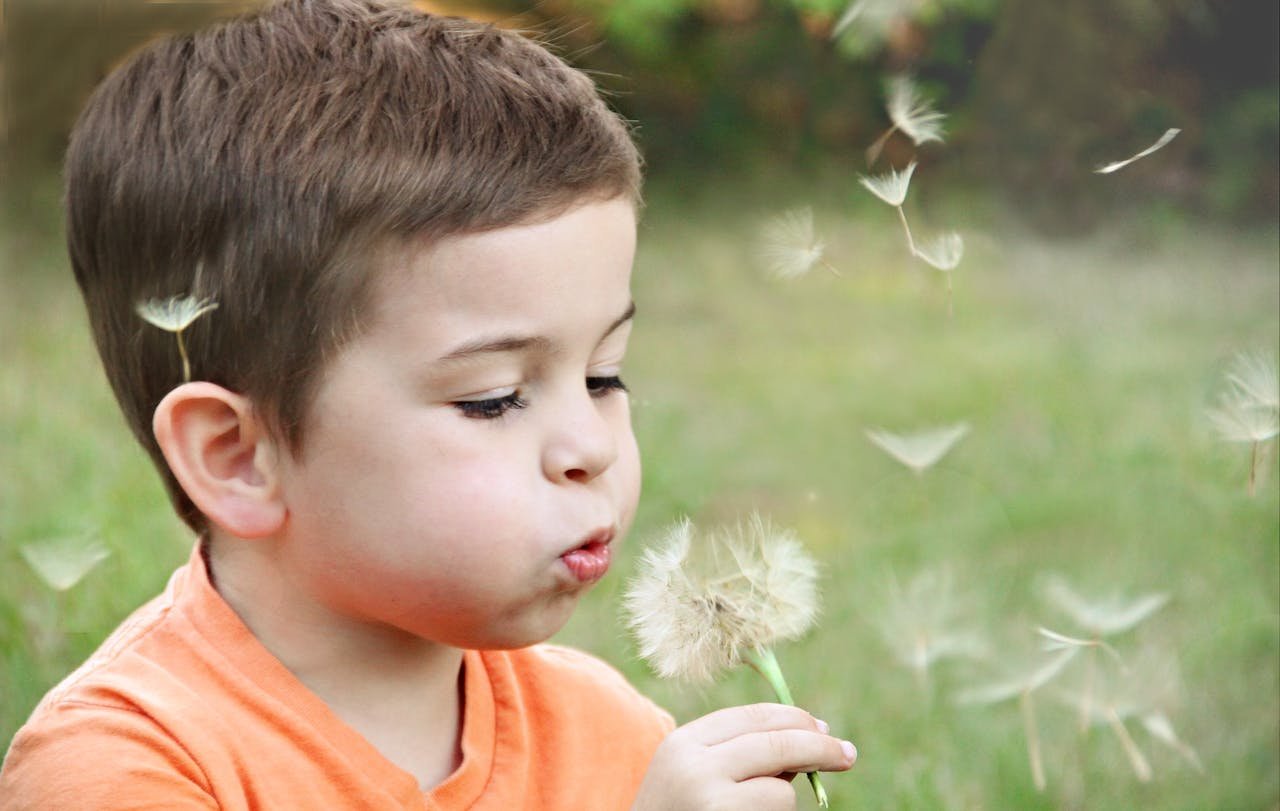
Playing Catch: A Metaphor for Child-led Learning
Playing Catch: A Metaphor for Child-Led Learning

Games That Teach Parts of Speech
Here are five ways to play your way to teaching and learning parts of speech. These are also excellent warm-up games for writing. Games can inspire!
Learn how to rhyme with Silent Crambo, how to make Mad Libs, how to write stories from a Fantastic Binomial, and more! As a bonus, each game teaches parts of speech: verbs, nouns, adjectives, and more. Possibilities are limitless!

Educating The Whole Child
It is ridiculous to think that a teacher or parent can educate just a part of the child, but that is the traditional approach, with each subject taught separately, relying solely on books, pen and paper. I hesitate to use terms like Holistic Education or Whole Child, because these terms are embraced by educational businesses (such as tutoring agencies), and by the Common Core Curriculum, both examples of non-holistic education.
The "whole child" view implies that the whole child is influenced by everything, and interacts with everything, with the whole world. In turn, the whole world is interacting with the child. Our children are aware of far more than they can express, and they are learning all the time. Taking this view, I can never fully plan what a student will learn. My understanding of their learning happens in hindsight, as I watch their development and reflect on the experience. Most often the child reaches for or receives something unplanned. The nature of this learning can be social, linguistic, creative, physical, mental or logical, or all of the above. It is impossible to plan or foresee this, because each child is different and each situation unfolds unpredictably.

Nurturing A Child’s Love Of Reading
When I was a child, reading gave me the chance to escape an unhappy reality. It was not a passive activity. It was astonishingly active. I may have been lying down or sitting, but I was in another place. My imagination was activated, and I felt as if I were living in a garret in London, or skulking through the walls of the Chateau d’If, or attending a young mother-to-be in confinement in rural 1800s Russia.
As I grew older I realized reading was more than a thrilling escape; it was a way to know myself better. Great writing reflects humanity, and we can see ourselves mirrored in complex characters and their stories. We have that sense of self-discovery, a personal awakening, through the reading of a good book. I remember this feeling at age four or five when I read And to Think That I Saw It on Mulberry Street*, by Dr. Seuss, a validation of my own imagination in a way that helped me to deal with the everyday world.

Traumatized By School (Book Review)
How many of us are walking around scarred by our school experiences?
In an article entitled Seven Sins of Our System of Forced Education, Peter Gray referred to school as prison. He's not the only one to make this comparison, having heard school referred to this way by students themselves! In his article, Dr. Gray explains that the school system is guilty of seven sins, including: the denial of liberty, the fostering of shame and hubris, interference with self-direction, linking learning with fear, and more.

Ten Reasons Why Self-Directed Learning Works So Well
I discovered the child-led approach simply by paying attention to what worked. If my child wasn’t interested, learning simply didn't happen. You can’t force someone to want something, but a good teacher’s enthusiasm can be contagious, and it is possible to inspire interest.
But why go to such lengths when interest is already present? Skills in reading, writing, analysis, communication, presentation (and more), are much easier to acquire when the student’s interest is at the center. Yet I was unprepared for the real results of this approach. My children found their direction much earlier than I had thought possible, seeking higher learning in their chosen areas when they were barely middle school age.
With that in mind, here are 10 reasons why self-directed learning works so well: